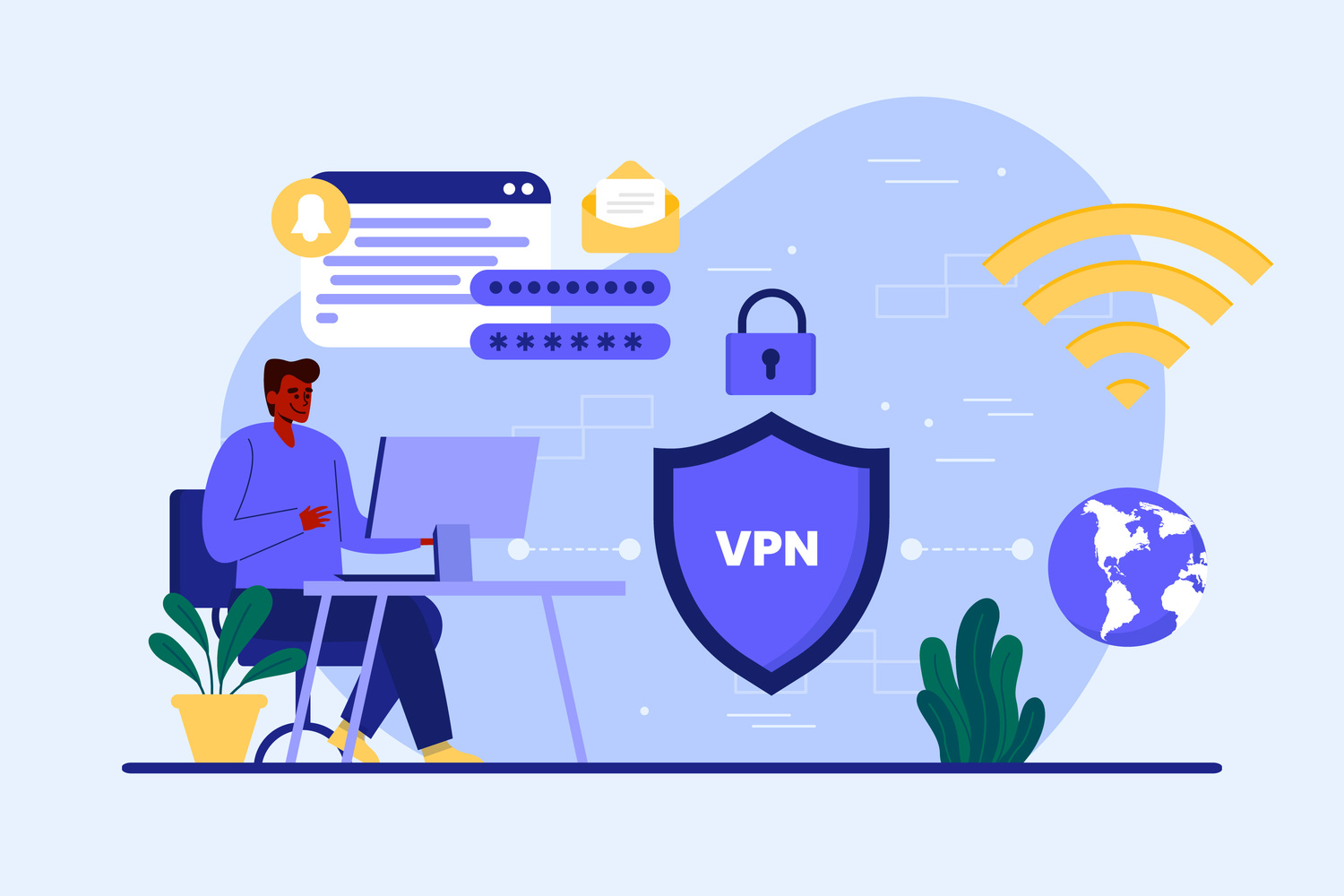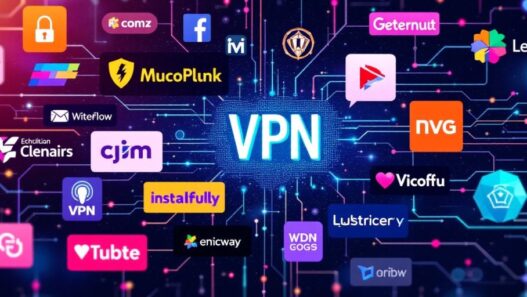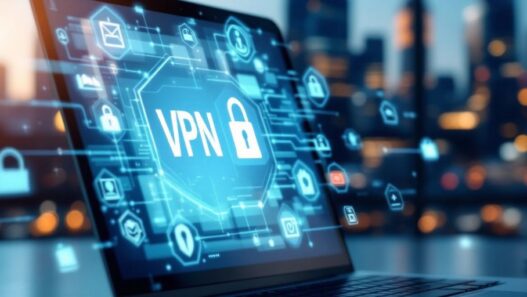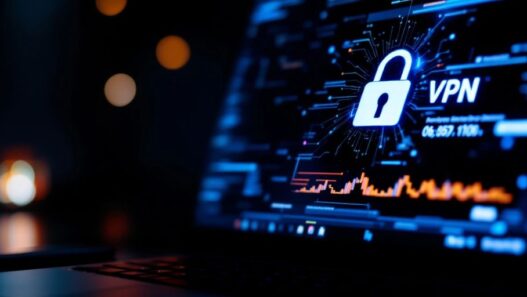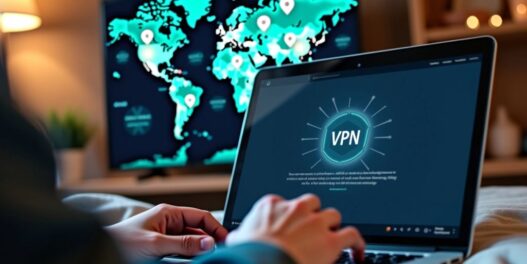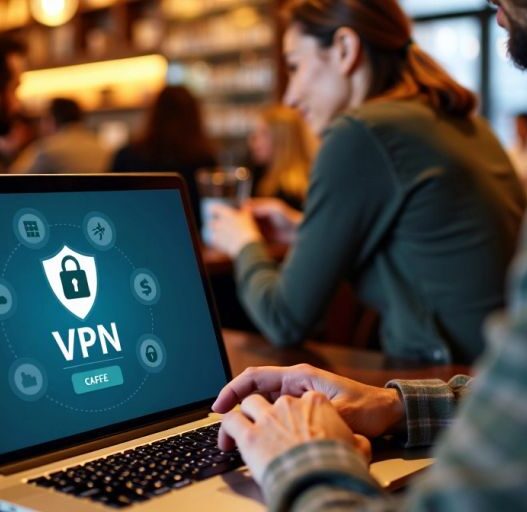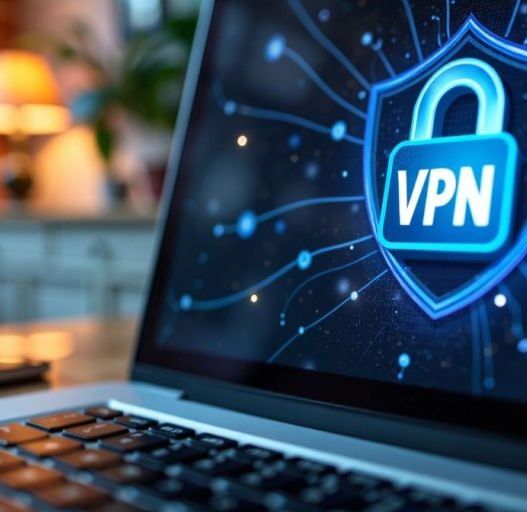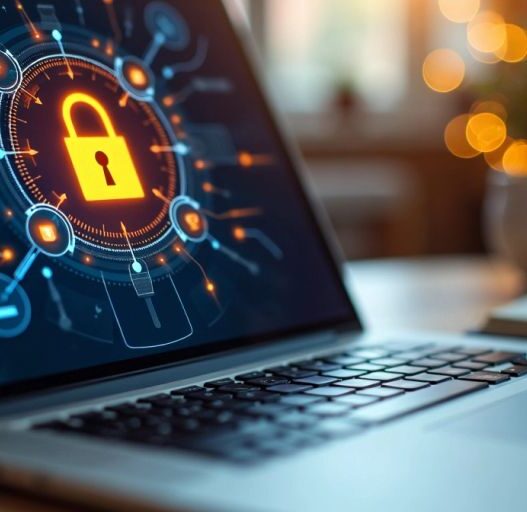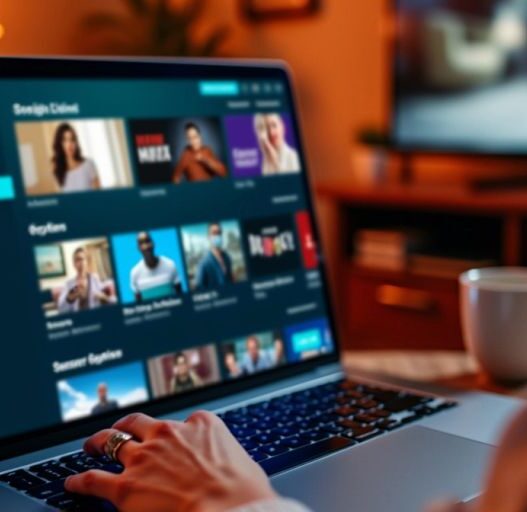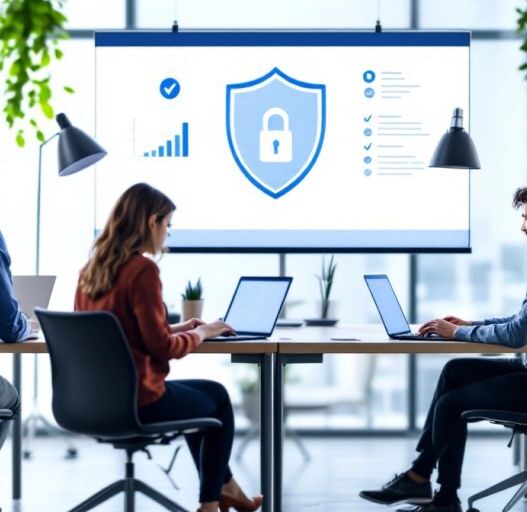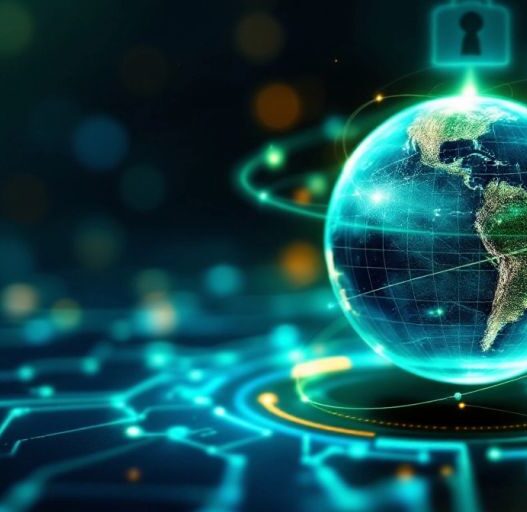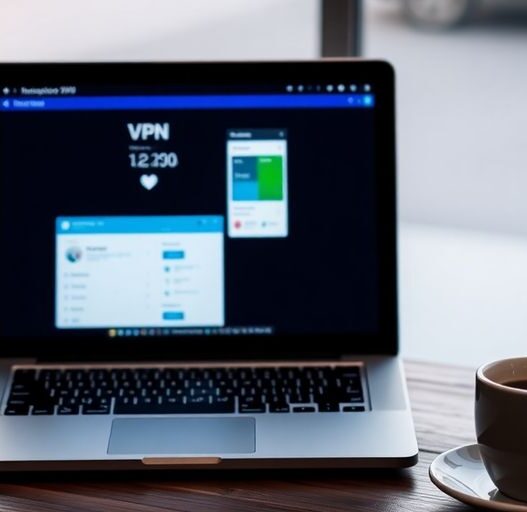In today’s digital world, many people face restrictions when trying to access certain online content due to geoblocking. This article explains how VPNs can help you get around these barriers safely. We’ll explore what geoblocking is, how VPNs work, and how to choose the right one to access the content you want without any hassle.
Key Takeaways
- Geoblocking restricts access to online content based on your location.
- VPNs change your IP address, making it seem like you’re in a different place.
- Using a VPN can help protect your online privacy and security.
- Not all VPNs are the same; some are better for bypassing geoblocks than others.
- Always check the legality of using a VPN, as it can vary by country.
Understanding Geoblocking and Its Impacts

What Is Geoblocking?
Geoblocking is a method used by websites and online services to restrict access to content based on the user’s geographical location. This means that what you can see online may vary depending on where you are. For example, a streaming service might show different movies in the U.S. than in the U.K.
Why Do Services Use Geoblocking?
Services implement geoblocking for several reasons:
- Licensing Agreements: Companies often have legal contracts that allow them to show content only in certain regions.
- Market Segmentation: Businesses may want to offer different prices or services based on location.
- Legal Compliance: Some countries have laws that require blocking certain types of content.
Examples of Geoblocking in Action
Geoblocking can be seen in various scenarios:
- Streaming Services: Platforms like Netflix and Hulu have different libraries in different countries.
- Online Shopping: Some e-commerce sites restrict sales to specific regions.
- Government Restrictions: Countries like China block access to many foreign websites.
Geoblocking can limit access to essential services, making it hard for users to connect with the content they want.
Understanding geoblocking is crucial for anyone looking to navigate the internet freely and safely.
How VPNs Work to Bypass Geoblocks

The Basics of VPN Technology
A Virtual Private Network (VPN) is a tool that helps users access the internet securely and privately. By using a VPN to bypass geoblocks, individuals can unlock websites that are otherwise restricted based on their location. VPNs work by creating a secure connection between your device and a server in another country, allowing you to appear as if you are browsing from that location.
How VPNs Change Your IP Address
When you connect to a VPN, your original IP address is replaced with one from the VPN server. This change in IP address is crucial for bypassing geoblocks. Here’s how it works:
- Connect to a VPN server in the country where the content is available.
- Your internet traffic is routed through this server, masking your real location.
- Websites see the new IP address and grant access to content that was previously blocked.
Encryption and Security Benefits
VPNs not only help in bypassing geoblocks but also enhance online security. They encrypt your data, making it difficult for anyone to track your online activities. This is especially important in countries with strict internet censorship. Here are some key benefits of using a VPN:
- Privacy Protection: Keeps your online activities hidden from prying eyes.
- Secure Data Transmission: Encrypts your data, protecting it from hackers.
- Access to Global Content: Allows you to enjoy shows and services from anywhere in the world.
Using a VPN is a powerful way to regain control over your online experience, ensuring that you can access the content you want without restrictions.
Choosing the Right VPN to Bypass Geoblocks
When it comes to accessing content that is restricted in certain regions, selecting the right VPN is crucial. A good VPN can make all the difference in your online experience. Here are some key points to consider:
Top VPN Providers for Bypassing Geoblocks
| VPN Provider | Key Features | Price Range |
|---|---|---|
| NordVPN | High speed, strong security, 5,000+ servers | $3.71/month |
| Surfshark | Budget-friendly, unlimited devices | $2.49/month |
| ExpressVPN | Fast speeds, user-friendly interface | $8.32/month |
| CyberGhost | Largest server network, easy to use | $2.75/month |
| IPVanish | Strong privacy features, multiple devices | $3.49/month |
Key Features to Look For
- Speed: Fast connection speeds are essential for streaming.
- Security: Look for strong encryption and privacy policies.
- Server Locations: A wide range of servers helps access more content.
- User Support: 24/7 customer support can help resolve issues quickly.
Comparing Free vs. Paid VPNs
- Free VPNs often have limited features and may sell user data.
- Paid VPNs provide better security, faster speeds, and more server options.
- Trial Periods: Many paid VPNs offer trial periods or money-back guarantees, allowing you to test their services.
Choosing the right VPN is not just about bypassing restrictions; it’s also about ensuring your online safety and privacy.
Step-by-Step Guide to Using a VPN for Geoblocking

When it comes to accessing content that is restricted based on location, using a VPN can be a game changer. Here’s a practical guide to help users navigate this process effectively.
Setting Up Your VPN
- Choose a reliable VPN service. Popular options include NordVPN, Surfshark, and ExpressVPN.
- Download the VPN application suitable for your device.
- Install the app and follow the setup instructions.
Connecting to the Right Server
- Open the VPN app and log in with your credentials.
- Select a server located in the country where the content is available. For instance, connect to a UK server for BBC iPlayer.
- Click on the connect button and wait for the connection to establish.
Troubleshooting Common Issues
- If you can’t access the content, try these steps:
- Clear your browser’s cache and cookies.
- Disconnect and reconnect to the VPN.
- Contact the VPN’s support team for assistance.
Using a VPN not only helps bypass geo-blocks but also enhances your online privacy.
By following these steps, users can enjoy a seamless experience while accessing their favorite content from anywhere in the world.
Legal and Ethical Considerations
Is It Legal to Bypass Geoblocks?
Bypassing geoblocks is generally legal in many countries. However, it’s important to understand that using a VPN may violate the terms of service of some streaming platforms. While most countries do not have specific laws against using a VPN, accessing illegal content can lead to legal issues. Always check local laws and the terms of service of the content provider before proceeding.
Ethical Implications of Using VPNs
Using a VPN raises ethical questions. Here are some points to consider:
- Respect for Content Creators: Bypassing geoblocks can undermine the revenue of content creators who rely on licensing agreements.
- Censorship vs. Access: In some cases, using a VPN can help individuals access information in countries with strict censorship laws.
- Personal Responsibility: Users should be aware of the potential consequences of their actions online.
Understanding Terms of Service
Before using a VPN, it’s crucial to read the terms of service of the platforms you wish to access. Here are some key aspects to look for:
- Restrictions on VPN Use: Many services explicitly state that using a VPN is against their rules.
- Consequences of Violation: Understand what might happen if you violate these terms, such as account suspension.
- Legal Jurisdiction: Be aware of the laws in the country where the service is based, as they may differ from your own.
Understanding the legal and ethical landscape of using VPNs is essential for making informed decisions about online privacy and access.
Additional Benefits of Using a VPN
Enhanced Online Privacy
Using a VPN can significantly improve your online privacy. When you connect to the internet through a VPN, your data is encrypted, making it much harder for anyone to track your online activities. This is especially important in a world where data is often sold to marketers and other companies.
Avoiding Price Discrimination
Your location can affect the prices you see online. This practice is known as price discrimination. Here are some ways a VPN can help:
- Access better deals: By changing your virtual location, you might find lower prices for flights, hotels, and other services.
- Prevent targeted pricing: Websites may charge different prices based on your location. A VPN makes it harder for them to do this.
- Save money: Overall, using a VPN can lead to significant savings on various online purchases.
Accessing Restricted Content Safely
A VPN allows users to access content that may be restricted in their region. This includes:
- Streaming services that are not available in certain countries.
- Websites that may be blocked by local governments.
- Online games that have regional restrictions.
Using a VPN not only helps you bypass restrictions but also keeps your online activities private and secure.
Alternatives to VPNs for Bypassing Geoblocks
When it comes to accessing content that is restricted by geoblocks, there are several alternatives to using a VPN. These methods can help users bypass internet censorship effectively while maintaining a level of security and privacy.
Using Proxy Servers
- What They Are: Proxy servers act as intermediaries between your device and the internet. They can mask your IP address, allowing you to access blocked content.
- Pros: Generally faster than VPNs and easy to set up.
- Cons: They often lack encryption, making them less secure than VPNs.
Smart DNS and DNS Changers
- How They Work: Smart DNS services reroute your DNS queries through their servers, allowing you to access region-locked content without changing your IP address.
- Benefits: They can provide faster streaming speeds since they don’t encrypt your traffic.
- Limitations: They do not offer the same level of privacy as VPNs.
The Tor Network
- Overview: Tor is a free software that enables anonymous communication. It routes your internet traffic through multiple servers, making it difficult to trace.
- Advantages: Excellent for privacy and can bypass many forms of censorship.
- Disadvantages: Slower speeds and not suitable for streaming due to latency.
| Method | Speed | Security Level | Best For |
|---|---|---|---|
| Proxy Servers | Fast | Low | Browsing and light usage |
| Smart DNS | Very Fast | Medium | Streaming content |
| Tor Network | Slow | High | Anonymous browsing |
Each of these alternatives has its own strengths and weaknesses. Users should consider their specific needs and the level of security they require when choosing a method to bypass geoblocks.
Empower Your Online Experience
In conclusion, using a VPN is a smart way to break free from internet restrictions and enjoy the content you love, no matter where you are. With tools like NordVPN, Surfshark, and ExpressVPN, you can easily change your virtual location and access blocked websites safely. Not only do VPNs help you watch your favorite shows and sports, but they also protect your online privacy. So, take control of your internet experience today! Don’t let geo-blocks hold you back—choose a VPN and explore the open web with confidence.
Frequently Asked Questions
What is geoblocking?
Geoblocking is when websites or services limit access based on where you are in the world. For example, some shows on Netflix might only be available in certain countries.
How do VPNs help with geoblocking?
VPNs, or Virtual Private Networks, change your IP address to make it look like you are in a different location. This helps you access content that is usually blocked in your area.
Are there free VPNs that can bypass geoblocks?
Yes, there are free VPNs, but they often have limits on speed and data. Paid VPNs usually offer better security and faster connections.
Is it legal to use a VPN to bypass geoblocks?
In most places, using a VPN is legal. However, some services may not allow it in their terms of use, so it’s good to check.
Can I use a VPN for more than just bypassing geoblocks?
Absolutely! VPNs also protect your online privacy by encrypting your data, making it harder for others to track what you’re doing online.
What should I look for when choosing a VPN?
When choosing a VPN, look for speed, security features, a good number of servers, and whether it works with the services you want to access.
